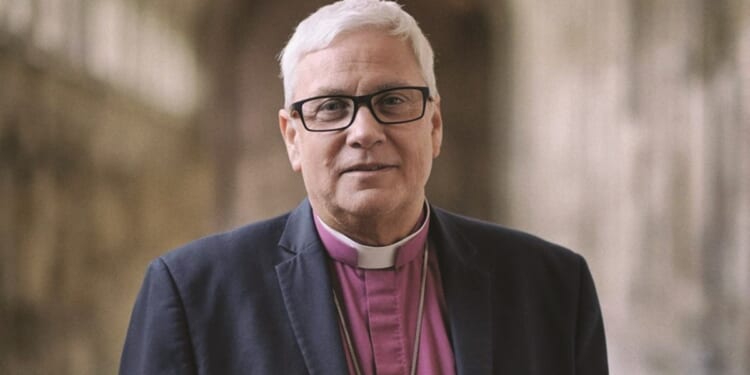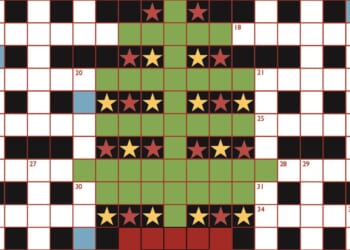ALL 27 recommendations of the Makin review will be accepted by the Church of England, the group tasked with responding to the review has announced.
Keith Makin’s review of the abuse perpetrated by John Smyth and of the Church’s response to disclosures was published a year ago (News, 7 November 2024).
In an interim report, published on Tuesday morning, the Makin Recommendations Task and Finish Group said that 24 of Mr Makin’s recommendations would be accepted in full, and the other three would be “partially accepted”.
The group was established earlier this year to respond to the recommendations (News, 23 May). Chaired by the deputy lead bishop for safeguarding, the Bishop of Tewkesbury, the Rt Revd Robert Springett, its membership also includes survivors of abuse, diocesan safeguarding staff, and independent safeguarding experts.
It has met four times to date, and is due to deliver a final report in summer 2026.
In a joint statement with the lead bishop for safeguarding, the Bishop of Edmundsbury & Ipswich, Dr Joanne Grenfell, Bishop Springett said: “We are profoundly sorry for the ways in which the Church failed to protect children and vulnerable adults, and for the lasting impact of those failures.
“Over the past year, we have continued to listen to survivors, offer them support and respond to the recommendations and observations in the independent learning lessons review.”
The Task and Finish Group’s interim report sets out Mr Makin’s recommendations and provides a response to each one, but says that the Makin report “includes much detailed learning which cannot be summarised in its 27 recommendations alone”.
The group was split on whether to accept Mr Makin’s recommendation to allow victims to participate in a core group convened to respond to their disclosures of abuse.
A majority of the group considered it inappropriate for the person making the complaint to be involved in such groups, on the basis that the group had to be fair to both them and the alleged perpetrator.
The minority view in the Task and Finish Group was that involvement would ensure a “stronger victim-centred focus in discussions”.
As a result of this disagreement, the group opted to accept only partially Mr Makin’s recommended changes to the way in which core groups operate, including having a single point of liaison between the Church and the police.
There are two other recommendations that have been only partially accepted, both relating to disclosure of past knowledge of abuse. The group agrees with the essence of Mr Makin’s recommendation, but concludes that adding a new section to the existing confidential declaration form “may not be the most effective means of achieving this objective”.
Instead, it suggests that a new form or policy be developed that will “require Church officers to disclose any knowledge they have of abuse that has not been reported”.
Among the other recommendations in the Makin report, which the Task and Finish Group has accepted in full, including protections for whistle-blowers, and maintaining a record of ordination candidates who are turned down on the the basis of safeguarding concerns.
Other recommendations are already in the process of being enacted, the report says. These include removing the time limitations in the Clergy Discipline Measure (CDM) and the creation of an independent scrutiny body to oversee church safeguarding.
The replacement of the CDM with a new Clergy Conduct Measure, which imposes no time limit on complaints of serious misconduct, has been approved by the General Synod, but last week was referred back to the Synod by the Ecclesiastical Committee of Parliament, for further consideration (News, 31 October).
In February, the Synod agreed to create a new independent body and to outsource the work of the National Safeguarding Team. A board has been convened to implement this work (News, 3 October).
In response to Mr Makin’s recommendation that mandatory reporting of safeguarding concerns be considered, the group points to the approval by the Synod in February of a new Code of Practice on reporting.
Further work to implement mandatory reporting “must include” consideration of the seal of the confessional, the Task and Finish Group’s interim report said. The work “will be implemented in phases, to ensure that it is achievable”.
The Task and Finish Group’s remit is to respond to the recommendations and advise on their implementation. Its acceptance of each recommendation is accompanied with a stated expectation that the Church “submit evidence” to assure the group that the recommendation will be “implemented in a reasonable timescale”.
The interim report has been approved by the Church’s National Safeguarding Steering Group (NSSG) and will be presented to the Synod in February.

















